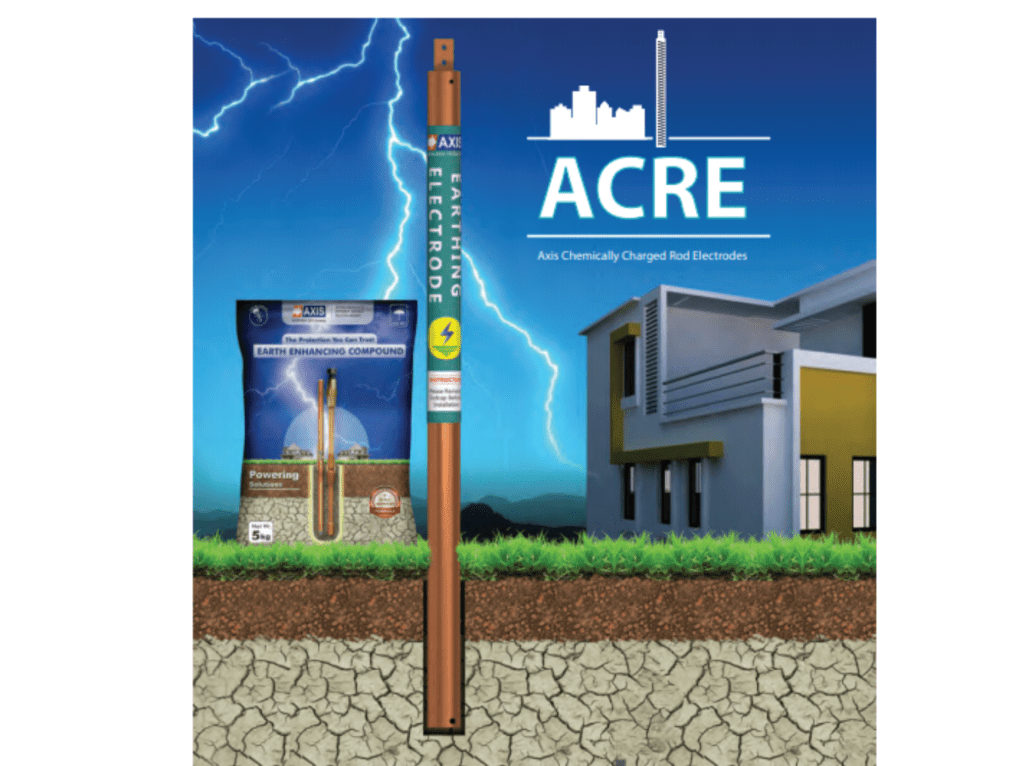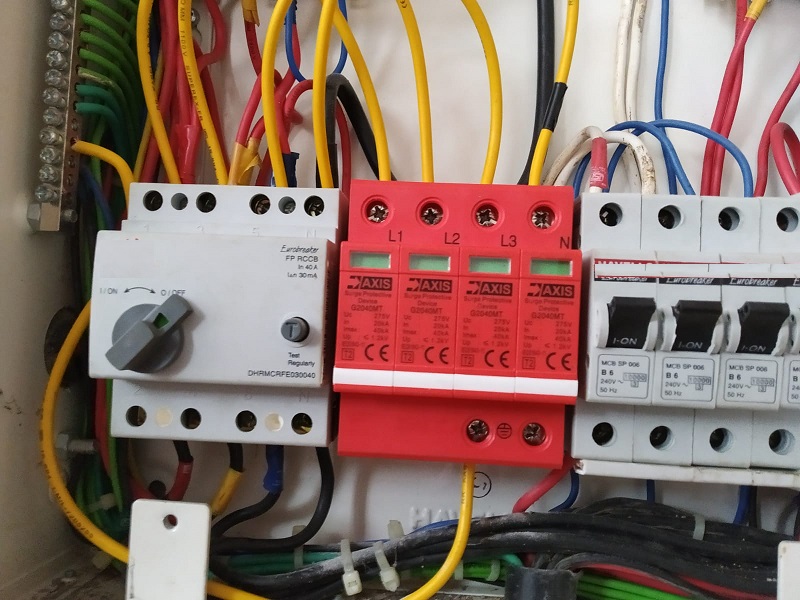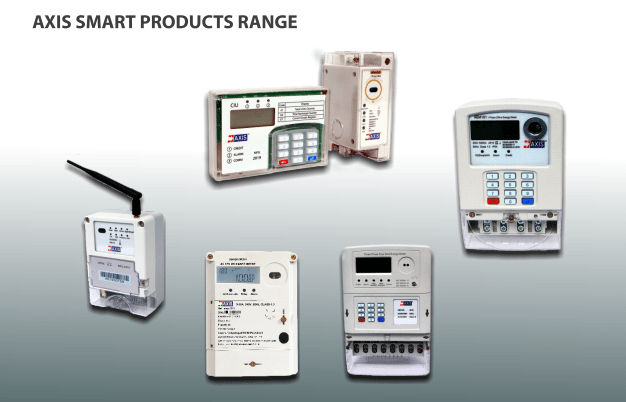Calculation of Earth Rod using BS 7430 & IEC 62305
A well-designed earthing system is the fundamental requirement for any electrical structure or system, regardless of the voltage level. International standards such as IEC 62305 and BS 7430 play a crucial role in ensuring safety by defining earthing design practices for various electrical installations. Earthing systems consist of earth electrodes, …








